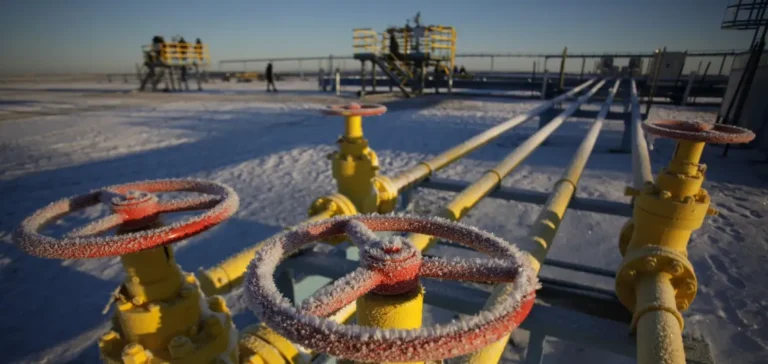Hungary has reaffirmed its intention to continue importing Russian oil and natural gas, despite European Commission plans to fully phase out these supplies by 2028. Minister of Foreign Affairs and Trade Peter Szijjarto addressed ambassadors of European Union member states in Budapest, stating that his country will strongly oppose any attempt to restrict its access to Russian energy.
The weight of Russian energy imports
Peter Szijjarto highlighted that stopping imports of oil and natural gas from Russia would result in a significant increase in energy costs for Hungarian households. According to the minister, Hungary’s dependence on these resources remains a decisive factor for the country’s economic stability, even as European import volumes have dropped sharply over the past three years.
The Hungarian government had previously voiced its disagreement with the European Commission’s plan to completely halt Russian energy supplies by 2028. For Budapest, such a measure is incompatible with national interests, and the security of energy supply remains a priority amid current geopolitical changes.
A decline in import volumes since 2021
Peter Szijjarto recalled that Russian energy flows to Europe have fallen markedly over the past three years, thereby reducing Moscow’s energy influence on the continent. According to the minister, this political objective has been achieved and no member state should be exposed to further risks due to a complete break in Russian imports.
The Hungarian position highlights the divisions within the European Union over the energy strategy towards Russia. Peter Szijjarto stated that the government’s priority remains the protection of Hungary’s economic interests and the maintenance of affordable energy for the population. “We will not allow Hungarian families to pay two, three, or even four times more for their energy,” he said during his address in Budapest.






















